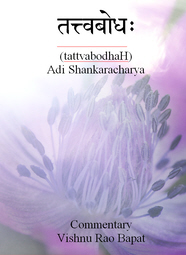 Note that this is the Concluding part
Note that this is the Concluding part
(Read Part 17 of the series.)
Nowadays, there are still large numbers of people who, even if they do not entirely accept all of the claims made by their religion and no longer recognize it as an authority for their everyday behavior, nevertheless pay lip service. And sentiments such as ‘love thy neighbor as thyself’ do seem to contain great wisdom, finding a balance between the two extremes given above.
But with all of our values no longer ‘supplied’ by religion, people have been forced to develop them for themselves. In the absence of expert guidance, the principal influence now tends to be the media and we have such ridiculous situations as the cinema’s cult of the anti-hero. It is now normal for films to conclude with the thief in some luxurious setting surrounded by money and women and no sign whatsoever of justice or retribution. It is acceptable for the individual to triumph over the perceived constraints of society, including its laws. And it is far more usual for the governments, police and similar bodies to be portrayed as corrupt, with ‘hidden agendas’ and secret conspiracies against you and me. And we have been brainwashed into cynically believing this to be normal. Continue reading



